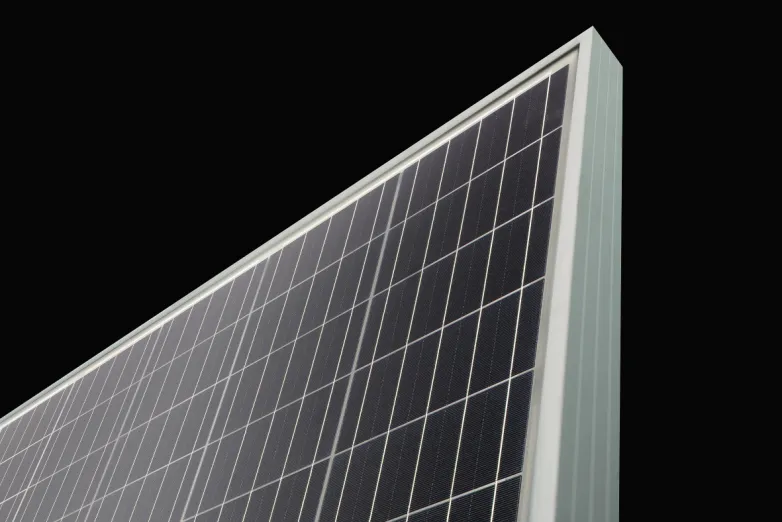Jinko: ‘The days of mono will soon be behind us’
Aug 29, 2019 09:35 PM ET
- A spokeswoman from the Chinese manufacturer of the Swan series of double-sided solar panels says monofacial modules will soon be consigned to residential use as the price gap between them and higher-yielding bifacial products rapidly closes.

With Longi Solar having yesterday called for its 166mm² M6 wafer to become the industry standard in the new generation of solar modules worldwide, a spokeswoman for Jinko Solar has joined the chorus of voices predicting the demise of single-sided panels for large scale PV projects.
With Jinko in attendance at this year’s Intersolar South America trade show – which closes today in São Paulo, Brazil – Dany Qian, global VP for the manufacturer, told pv magazine in a statement: “We may soon say goodbye to monofacial.”
Qian claimed the increased output from bifacial panels – including her employer’s Swan series modules – already outweighs concern over higher upfront costs and increased panel weight with many solar project developers. And the vice president claimed developers of more than 30% of the global project pipeline planned with monofacial panels are considering switching to bifacial.
“Some developers might soon be moving to bifacial completely,” said Qian, adding: “The transition will accelerate when the cost gap is minimized.”
Price gap closing
That price difference is already narrowing and will eventually see bifacial compete on level terms as double-sided products are rolled out at scale, said Qian.
“As bifacial technology establishes itself in the market, costs are likely to fall further to be competitive to monofacial, which will have significant impacts on the financial models,” she said. “It is not a future vision, it is the reality … Moreover, rather than a revolutionary technology, bifacial generation is an incremental improvement with proved technology, it needs much shorter time to accumulate enough data for modelling validation and bankability metrics.”
The Jinko Solar representative said land availability is another factor driving the swift adoption of bifacial products, which were given a boost in the U.S. recently when they were exempted from the Section 201 trade tariffs imposed on Far Eastern-made solar products by President Trump.
“The solar PV industry is still working to deploy monofacial, particularly in the countries with massive land space,” Qian told pv magazine. “But many are looking beyond mono facial into the [bifacial] future.”
While the technology shift may not consign single-sided panels to history entirely, they will be used in niche applications, chiefly those where the rear side of panels is fully shaded, said Qian.
“Over a period of time bifacial will purely serve the utility market while monofacial will continue to be available for residential rooftops,” added the Jinko Solar rep.
Also read

